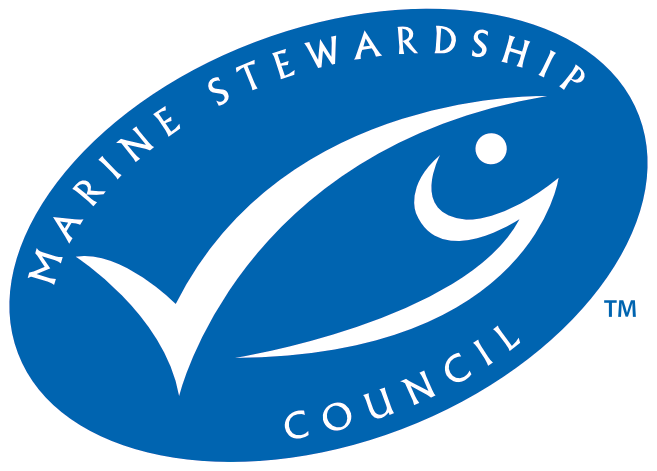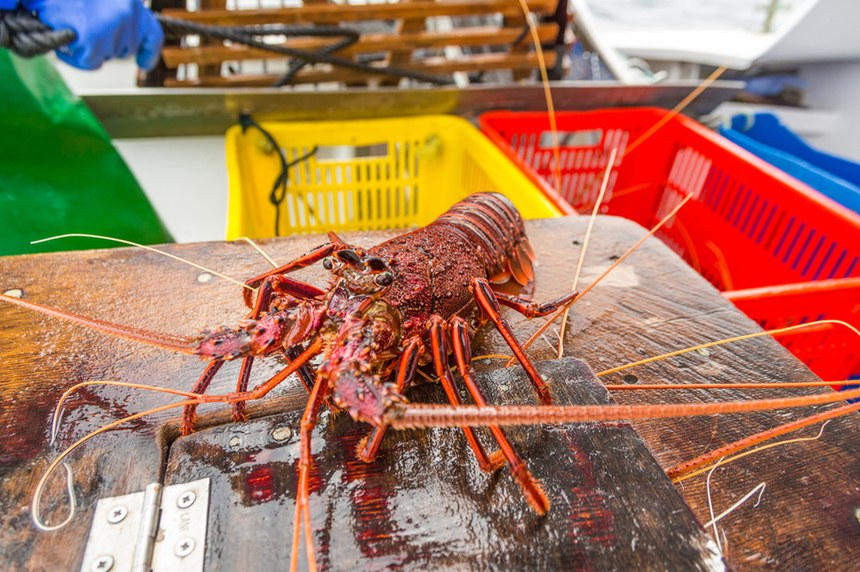
- Certifier :
- q.inspecta GmbH
- Certified status :
- Certified
- Certified since :
- 01 Mar 2000
- Certificate expires :
- 29 Nov 2027
Overview
Fisheries are composed of one or more parts, each of which is entitled to receive an MSC certificate. These parts or “units” are defined by their target stock(s), fishing gear type(s) and if relevant vessel type(s), and the fishing fleets or groups of vessels.
When the term “Unit of Certification” is used for fishing units that are in assessment, it refers to the “Unit of Assessment” or “Unit of potential certification”. Expand a status below to view the parts that form this fishery. To check the detailed scope, download the latest certificate or open the Assessments page to get the latest report. Find out more by visiting our page on Fisheries
Catch by Species
| Species | Reported Catch Year | Metric Tonnes |
|---|---|---|
| Rock lobster (Panulirus cygnus) | 2025 | 7,410 |
Information is provided by an independent Conformity Assessment Body as live weight (the weight of species at the time of catch, before processing) and where a fishing season covers multiple years, the end year is given as the reported catch year. Additional information is available in the latest report, see the assessments page.
About this Fishery
In 2022 the Australian Western Rock Lobster fishery became the first fishery to be recertified for the fifth time. It has held continuous certification for sustainability for 22 years.
In March 2000 this fishery, on the coast of Western Australia from Cape Leeuwin to Shark Bay 1000km further north, was the first in the world to become MSC certified. It comprises some 230 vessels using baited pots to fish for rock lobster.
The fishery has strict requirements in place including quotas, minimum size requirements, closed areas and a ban on catching breeding females. Data has been kept since the 1960s and enables scientists to predict catches accurately and ensure that controls are adequate to maintain sustainable levels.
Watch a video celebrating the fishery's MSC journey >
In 2010/11, the fishery moved to an output (catch quota) management system. This decision was made in close consultation with the Department of Fisheries Western Australia (now known as DPIRD) because of the below-average recruitment rates witnessed at the time. It meant a significant reduction in the volume of lobster taken from the fishery – a reduction of almost half from the 2005/06 catch – to ensure the sustainability of the rock lobster stocks. Off the back of that decision, in 2022, the fishery continues to thrive with the health of the lobster stocks at record high levels and predicted to further increase.
The move to quota has also brought a significant reduction in the number of pots being used in the fishery, which in turn has reduced its impact on the surrounding ecosystem. The fishery has also introduced Sea Lion Exclusion Devices (SLEDS) to minimise the mortality of sea lions, and banned the use of bait bands that can entangle marine animals.
“The fact that the Western Rock Lobster fishery has retained this prestigious certification for 22 years speaks to an enduring partnership between industry and the Department of Primary Industries and Regional Development. WRL and DPIRD work collaboratively to manage the fishery through an integrated fishery co-management approach.” - Matt Taylor, CEO of the Western Rock Lobster Council
“The MSC is a third-party certification body that requires a fishery to meet very stringent standards to remain certified. The western rock lobster fishery is world famous for its level of research and sustainability” - Dr Simon de Lestang, Principal Research Scientist, Fisheries at the Department of Primary Industries and Regional Development (DPIRD).
Australian Western rock lobster image © MSC / Matt Watson
Market Information
Western Australia rock lobster is the most valuable single-species fishery in Australia. 5,696 tonnes were landed in 2020/21. Products are sold to markets in Australia, Asia, the US and Europe.
